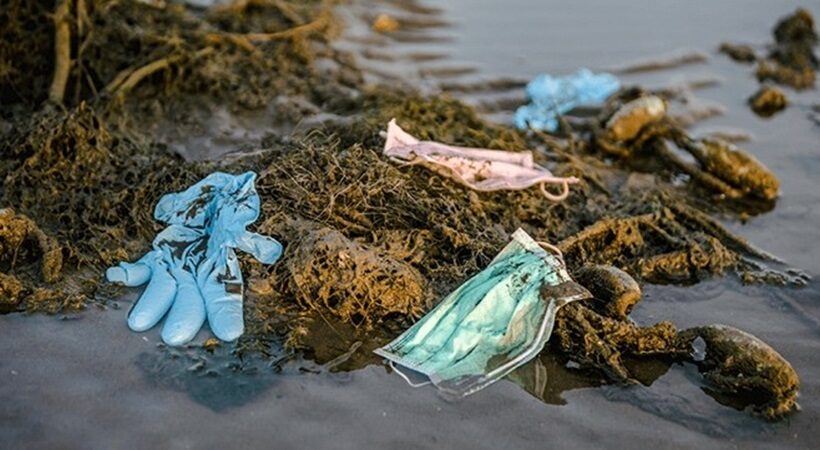The COVID-19 has only brought bad and dangerous news since its detection. It has impaired the ‘normality’ of civil society, disrupting the economic, healthcare, education infrastructures, and work culture. The majority of the countries, including India, were severely underprepared for lockdowns, and the governments world over struggled in the face of the unprecedented crisis. 1.5 years in, more than four million deaths have occurred, and third and fourth waves with magnifying mutations loom large. Still, we are fighting the invisible enemy without a proper defence mechanism.
However, people were quick in pointing out the main silver lining of the pandemic: the environment. Pollution and ecological destruction were the norms before the pandemic, exacerbating the climate crisis. Environmental experts have incessantly been warning the public of the dangers of the inevitable future we are heading to, but we chose to remain as deaf and mute spectators.
Nevertheless, the pandemic lockdown, which resulted in millions globally remaining indoors, has undoubtedly impacted the environment, both positively and negatively.

A research study has revealed the lockdown has significantly ameliorated air quality, especially in major cities such as New York, Delhi, Paris, and more. It has resulted in alleviating GHG emissions, and limited travel has mitigated water, air, and noise pollution and may help in the restoration of ecological systems. It has also reduced wildlife roadkills in various regions in Europe. The decline in global maritime trade and commercial activities has lessened the exploitation of natural resources.
However, the pandemic has equally endangered the environment. It has catalyzed the use of single-use plastics. Some have suggested almost 3.4 billion face masks and shields are used and discarded worldwide daily. Medical wastes, haphazard disposal of chemical disinfectants, and dumped untreated wastes are also causing serious harm. Low oil prices are fueling the consumption of fossil fuels, contributing to further havoc. The surge in COVID-19 related deaths in India has also polluted the Ganga River with corpses floating around as costs of cremation rise.
The escalation of cases and deaths in India were triggered by various causes: Overpopulation, discarding of COVID-19 protocols, socioeconomic factors and air pollution.
Research conducted by Harvard faculty has discovered that air quality can determine risks of serious cases of COVID-19 alongside other factors such as pre-existing medical conditions, access to healthcare, and socioeconomic status. Poor air quality partially accounted for inflated death rates in major cities of India as previous studies have shown those with continuous exposure to air pollution are more prone to respiratory infections.

As countries ease restrictions on movement and get back to normalcy, the temporary break from butchering the planet’s biodiversity has also come to an end. Deforestation, commercial fishing, and CO2 emissions will become the norm again.
Deforestation is particularly problematic as it can increase the risks of zoonotic diseases as more wild animals come in contact with humans. Various diseases such as MERS, SARS, and Ebola are zoonotic viruses that caused over 10,000 deaths. COVID-19, also a zoonotic virus, has also been largely rumoured and suggested by the WHO to have initially spread through illegal Wet Markets in Wuhan selling meat of wild animals.
Streaming Platform Giant, Netflix has released several environmental documentaries featuring environmental experts. For Example, Chasing Coral, Chasing Ice, Mission Blue, Breaking Boundaries: The Science of Our Planet, and David Attenborough: a Life on Our Planet are a few shows that highlighted the severity of the crisis.
The current predicament is simply one of the many repercussions of climate change. Dire changes are crucial to avoid another inevitable catastrophe, substantially worse than the current pandemic that humankind is visibly underprepared for.



















